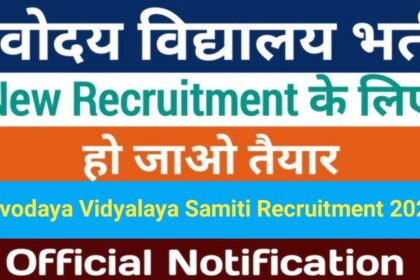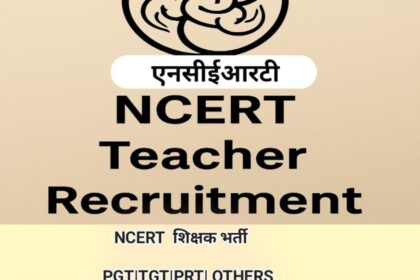Jharkhand’s Upcoming Teacher Recruitment 2025: Jharkhand Government | Know all Eligibility, Selection Process – and Criteria

The Jharkhand government is preparing for a major recruitment drive—possibly the last and most significant one in recent times—for tribal and regional language (TRL) teachers. Given the historically slow pace of recruitment in the state, this could be the only opportunity for years to come. As many aspirants know, once the recruitment cycle ends, it often takes an extended period to restart the process.
The education minister: Give a Symbol of Hope (Ramdas Soren)
Many hold deep respect for Jharkhand’s Education Minister, recognizing his commitment and vision for improving education. His recent announcements reflect serious intent—though translating them into action remains a challenge. Last year, CM Champai Soren introduced several key decisions, including hiring para teachers for regional languages and conducting the Jharkhand Eligibility Exam (JET), similar to the NET for Assistant Professors. However, not much has materialized so far.
A New Survey and New Beginning
Recently, the state decided to cancel the earlier survey meant to identify linguistic needs in schools. The School Education and Literacy Department has been tasked with conducting a fresh, detailed survey. Why? Because it’s impractical to recruit Tribal teachers without knowing how many students actually speak or study in these languages.
This survey will guide the recruitment strategy by identifying the dominant regional languages in each school’s feeder area. Based on this, schools will be segmented, and recruitment will focus on teachers who are proficient in the respective languages.
The Recruitment Details
Although recruitment is planned, there’s no concrete syllabus, eligibility criteria, or roadmap in place yet. Discussions are ongoing about using Intermediate (Class 12) qualifications to determine eligibility, taking into account the medium of instruction—Hindi, English, or Urdu. But whether this approach is practical or fair remains to be seen.
Moreover, recruitment may be on a contractual basis, especially if no formal examination is conducted. Committees involving district education officers and school representatives are expected to visit schools to identify eligible candidates.
Policy making according to NEP 2020
The recruitment aligns with the National Education Policy 2020, which emphasizes mother tongue-based education. Under the NEP program, 1,041 schools in Jharkhand currently provide education from Classes 3 to 5 in tribal languages such as Mundari, Kudukh, Kharia, and Santhali. Moreover, the Jharkhand Education Project Council (JEPC) is promoting foundational stage of literacy through storytelling and visual aids. But here’s a harsh reality—there are still no textbooks available for these languages.
Read Further
The success of this initiative depends on how well the government can overcome current shortcomings. Without a clear syllabus, structured eligibility norms, and teaching resources, this recruitment may face the same fate as many past efforts—delay and confusion.
Still, this could be a defining moment for tribal and regional education in Jharkhand. But it requires more than just intent; it demands structured planning, transparency, and urgency. Until then, aspirants can only wait—and hope this time.
READ MORE






